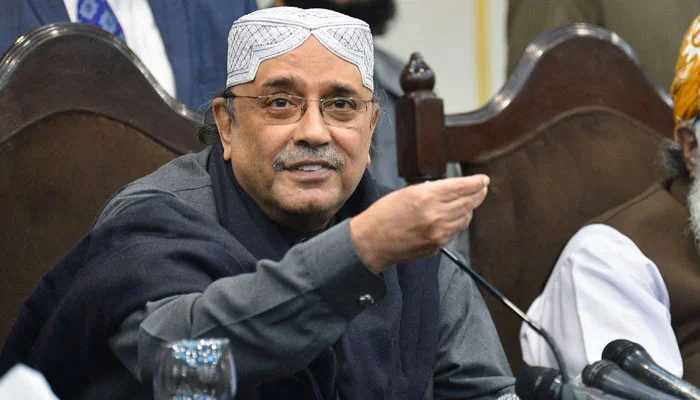As Pakistan gears up for its 2024 General Elections, the political echoes of change are reverberating through the bustling streets of Islamabad to the rural expanses of Sindh and Baluchistan. The past few years have witnessed significant shifts in the country’s political dynamics, heralding a new era of electoral contests and democratic engagement.
In the backdrop of economic challenges and regional geopolitical shifts, new political alliances have begun to surface. Whereas, longstanding parties grapple with internal reforms and changing public sentiment. The once-dominant Pakistan Muslim League-Nawaz (PML-N) and Pakistan Peoples Party (PPP) are now vying to retain their foothold against the relatively nascent but increasingly influential Pakistan Tehreek-e-Insaf (PTI).
The PTI, led by the charismatic former Prime Minister, Imran Khan, has spurred a movement advocating for anti-corruption and transparency, captivating the nation’s youth. Their message resonates with a populace weary of traditional political narratives. Such message promise a break from the past’s alleged malpractices.
Emerging from the political undercurrents are newer parties and independent candidates. Some championing regional autonomy and others, progressive agendas aimed at societal reform. The Milli Muslim League (MML) and Tehreek Labbaik Pakistan (TLP) have also left an indelible mark on the fabric of Pakistan’s political quilt, with their contentious yet influential doctrines.
Women’s political representation is slowly but surely enhancing, with an unprecedented number of female political aspirants stepping into the arena. These new political aspirants are ready to challenge the status quo. In parallel, minority rights have taken center stage as crucial electoral issues. Political parties are increasingly recognizing the importance of an inclusive political approach.
Despite this changing landscape, questions remain regarding the true extent of change in political practices and governance. With a burgeoning young population, the largest in Pakistan’s history, new challenges and opportunities present themselves. Their votes are expected to significantly shape future governance.
Moreover, the role of the military in politics has become a subject of much debate and controversy. It continues to garner attention as calls for democratic deepening echo from various civil society groups and political analysts.
Pakistan Election Commission has pledged to ensure a fair and transparent election. but this time with increased security measures and stringent monitoring. At the same time, international observers closely watch this transformation. International media anticipate the regional and international implications of these elections.
The political parties lay out their manifestos and candidates take to the campaign trail. Thus, the citizens of Pakistan stand at a crossroads, contemplating the direction in which they will steer their nation. It is clear that the 2024 General Elections will not just be a routine exercise in democracy, but a definitive moment shaping Pakistan’s political future for years to come.
– Muhammad Fazil
This post has been submitted by one of our interns. PNP Internship Program is an exciting career opportunity for Pakistani university students to get hands-on valuable experience required in national and international job market.
In order to ensure transparency, accuracy and accountability to our readership, please report whenever any error found or need to clarify /correct the post.



